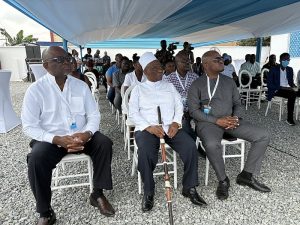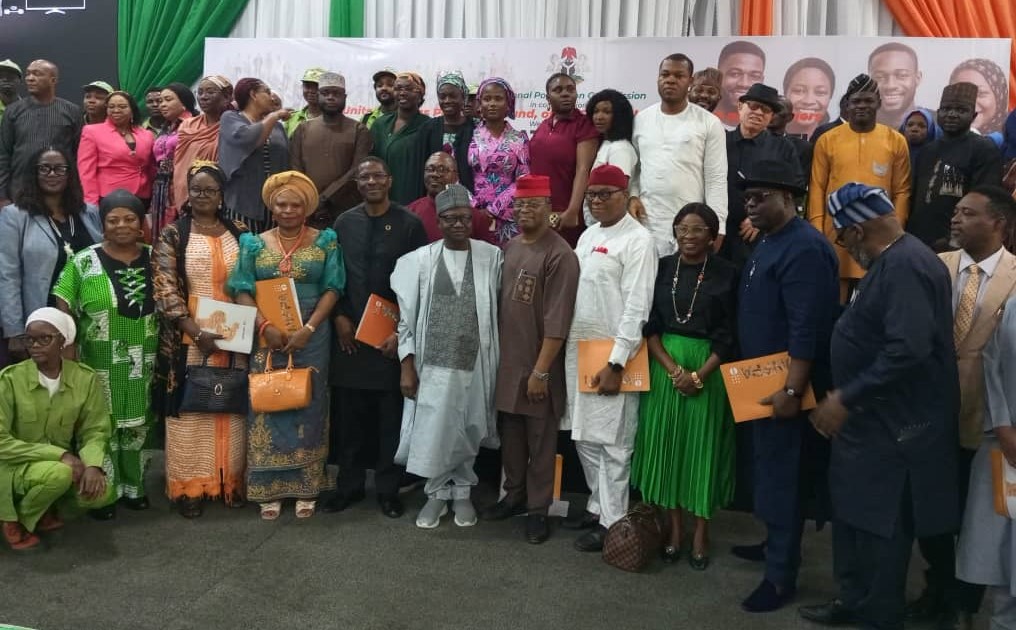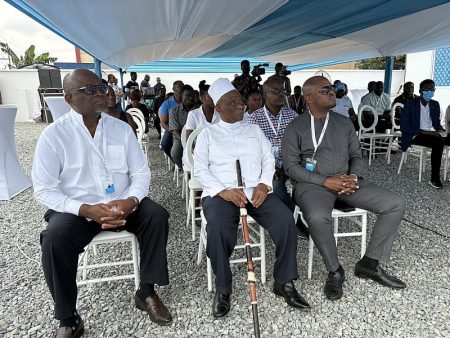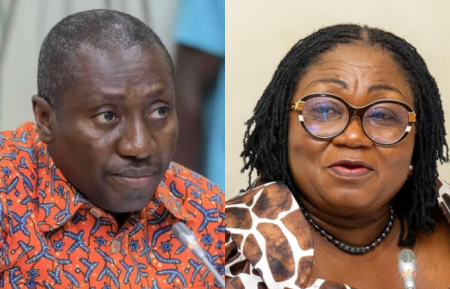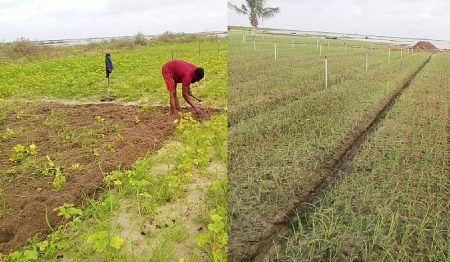The urgent need for a credible population and housing census in Nigeria dominated discussions at the 2025 World Population Day event held in Abuja. Lawmakers and population experts voiced concerns about the detrimental impact of the prolonged delay on national development, particularly its effect on the vast youth population. The last census, conducted in 2006, recorded a population of over 140 million, a figure now significantly outdated and inadequate for effective planning and resource allocation. This outdated data continues to serve as the basis for national strategies, despite nearly two decades of demographic shifts and population growth. The prevailing uncertainty surrounding Nigeria’s actual population figures makes it challenging to address the needs of its citizens and plan for the future. Estimates range from 230 million to over 300 million, highlighting the critical need for accurate data to inform policy decisions and guide resource allocation.
Senator Victor Umeh, Chairman of the Senate Committee on National Population and Identity, emphasized the significance of the 2025 World Population Day theme, “Empowering young people to create the families they want in a fair and hopeful world.” He stressed the importance of investing in youth by ensuring access to their rights and enabling informed decision-making. With more than half of Nigeria’s population under the age of 30, the country’s future hinges on the empowerment and well-being of its youth. Accurate, disaggregated data is crucial for understanding their needs and developing targeted interventions. Without a reliable census, policies are built on assumptions, leading to misallocation of resources and exacerbating existing challenges such as youth unemployment, inadequate education, and housing shortages.
The lack of a recent census has created a significant data gap, hindering effective planning and resource allocation across various sectors. The absence of reliable data makes it difficult to accurately assess the needs of the population and formulate impactful policies. This data deficiency undermines efforts to address critical challenges and hampers the country’s overall development trajectory. Senator Umeh pledged the Senate’s commitment to providing the necessary legislative support and funding to the National Population Commission to ensure a credible and timely census. He emphasized the need for data on housing to address housing deficits and inform urban planning initiatives, underscoring the interconnectedness of population figures and housing needs.
Okunjimi Odimayo, Chairman of the House Committee on National Population and Identity, echoed the critical importance of accurate data, describing it as the fundamental difference between developed and developing nations, and between effective private and public sector operations. He urged President Bola Tinubu to prioritize the census and address the data gap urgently, highlighting the risks of policy-making based on assumptions rather than evidence. Odimayo stressed that relying on assumptions rather than concrete data leads to unrealistic policies and undermines development efforts. He emphasized the need for data-driven decision-making to effectively address the country’s challenges.
Nasir Kwarra, Chairman of the National Population Commission (NPC), emphasized the potential of Nigeria’s youthful demographic, recognizing it as a unique opportunity that must be strategically harnessed for national development. With over 60 percent of the population under 30, representing over 130 million young people, their dreams, potentials, and aspirations must be central to national development priorities. Kwarra underscored the need for strategic investments in education, health, job creation, and governance, supported by up-to-date data from a reliable census. He stressed the importance of involving young people not merely as beneficiaries but as active partners in driving national growth, recognizing their creativity, resilience, and desire to contribute meaningfully to society.
Koessan Kuawu, Deputy Representative of the United Nations Population Fund (UNFPA), reinforced the call for inclusive, data-driven policies and urged leaders to listen to the voices of young people. He stressed the importance of creating an environment that enables young people to exercise their rights, make informed choices, and build a hopeful future. He advocated for youth engagement and emphasized the need to incorporate their perspectives in policy formulation. Nigeria’s failure to conduct a census since 2006, despite global recommendations for a census every 10 years, underscores the urgency of the situation. Previous attempts to conduct a census have been hampered by various factors, including security concerns, funding challenges, and political considerations. The postponement of the planned digital census in May 2023 further highlights the ongoing challenges in conducting this crucial exercise. The continued absence of current demographic data poses a significant obstacle to effective policy planning, equitable resource distribution, and the delivery of essential social services. A credible and timely census is imperative for informed decision-making, effective resource allocation, and ensuring that Nigeria’s youth can contribute fully to the nation’s development.




